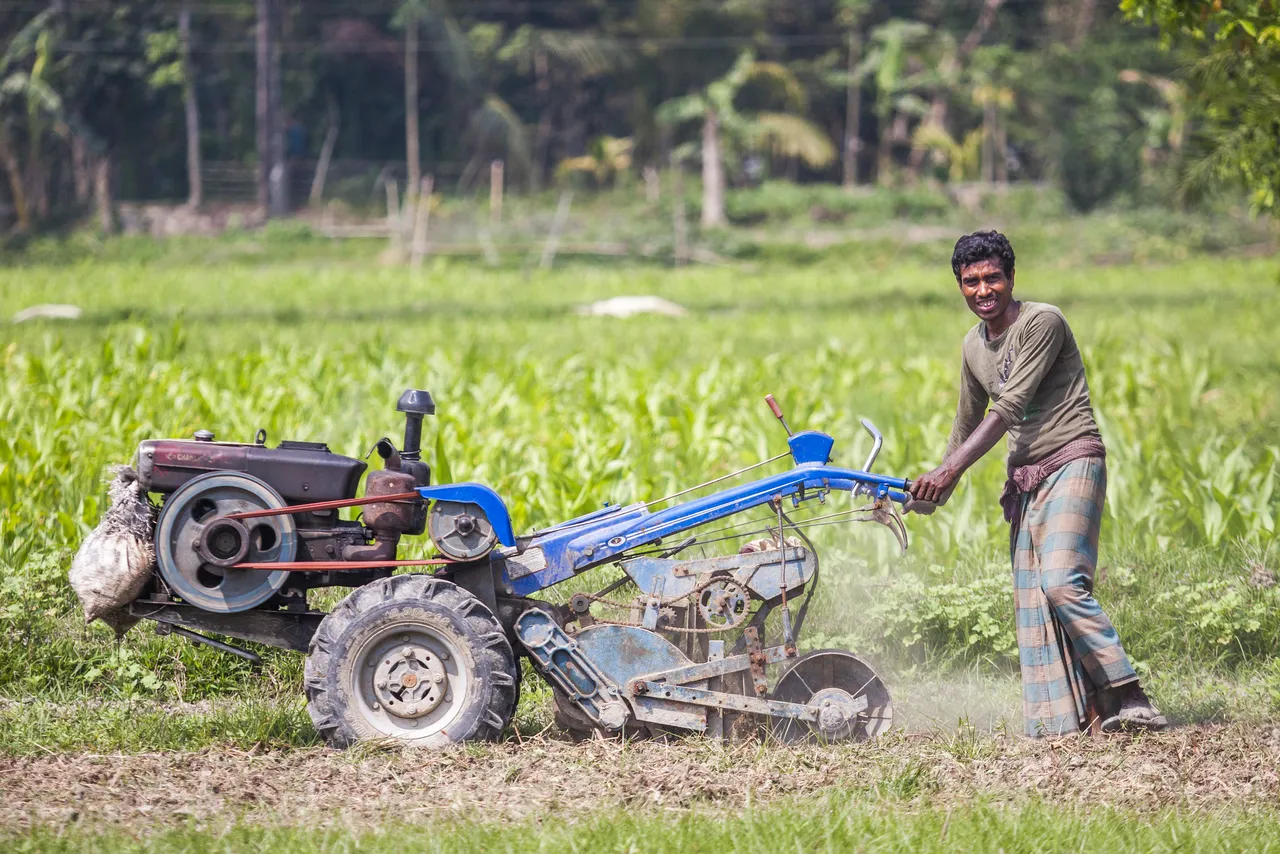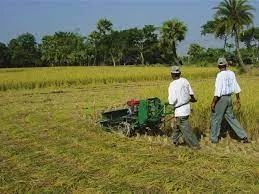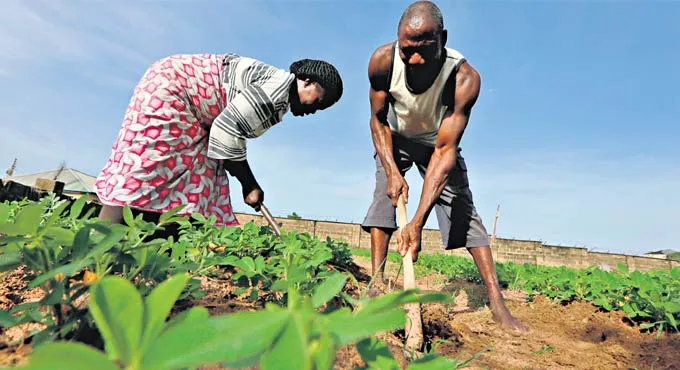On the planet, the decrease in the areas planted with corn crops, as reflected in the data reported by FAO, is a situation that demands the need to develop agro-ecological experiences that provide information on the preparation of the planting bed for this important crop with tillage that, if well used, protect the soil from the impact of rain, improve its physical, chemical and biological properties and increase the content of organic matter on the surface, which positively affects the development of the roots.



▶ The above mentioned expresses the need to carry out field studies to analyze the changes that occur with different agro-ecological mechanization methods, the first being zero tillage or direct seeding, the second the application of only the moldboard plow and the third the use of only the rototiller.

▶ Credits: telanganatoday – [Image of Public Domain]
≕ I invite you to stay tuned and read my next contribution ≔
Let us remember that corn production is of great importance, therefore, from a socio-cultural point of view, research is fully justified to offer farmers production alternatives that are economically profitable, ecologically compatible and socially acceptable, that is, that are in accordance with the principles of sustainable agriculture, that increase genetic diversity to minimize dependence and combine traditional practices with modern technology, which has affected corn crop yields due, among other causes, to the low levels of organic matter in the soil.
This publication basically seeks to justify theoretically why agro-ecological agricultural mechanization is the component of engineering applied in all its aspects to agricultural and rural development, since it has been applied in a generalized manner in a traditional way, without exploiting the potential of this technology. In recent years, policies have been aimed at guaranteeing food security and sovereignty based on sustainable development.
Soil preparation for planting is one of the most important agronomic practices because it affects seed germination, homogeneity in planting, weed control and the time of appearance of pests and diseases, and of course affects the behavior and productivity of the crop. Hence the importance of determining the most appropriate mechanization system for the establishment of corn, which is justified from a practical point of view.

Studies of this type contribute to obtain information that allows the implementation of training plans for producers and to inform them about the best tillage system or type of agro-ecological mechanization suitable for the establishment and development of corn on a large scale, and with this we would also be taking advantage of the machinery and agricultural implements of medium and high technology of green orientation.
NOTE: Reference material.